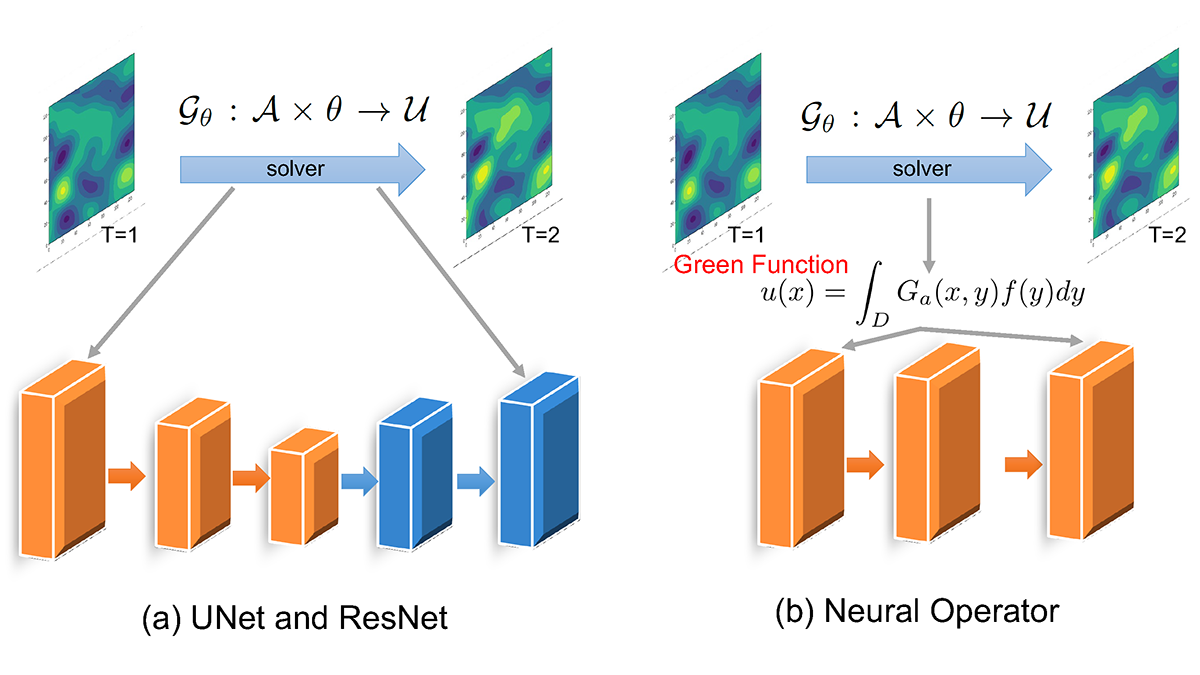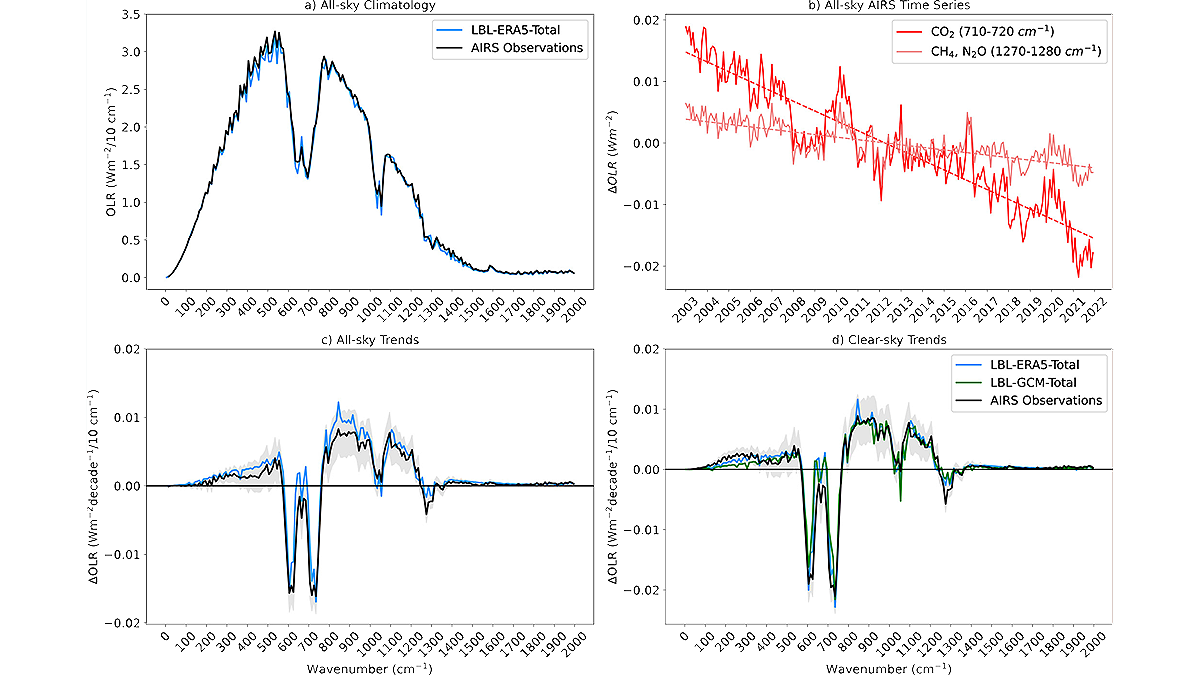Wetlands and their methane emissions require careful consideration for incorporation in Earth system models with many advances made over the past 30 years.
everything atmospheric
Rare “Glory” Possibly Seen on Exoplanet’s Horizon
This rainbow-like atmospheric phenomenon depends on a very specific set of circumstances. It is common on Earth and incredibly rare beyond it.
Tuning Improves High-Resolution Climate Simulations
Tuning parameterizations of turbulent mixing and of the fall velocity of precipitation and cloud ice alleviates long-standing biases in climate simulations.
Air Pollution Has Masked Climate Change’s Influence on U.S. Rainfall
A study suggests that high levels of aerosol pollution have offset higher precipitation levels caused by a warming climate.
Low-Level Clouds Disappear During a Solar Eclipse
Cumulus clouds rapidly dissipate as the land surface cools, a finding that has implications for Sun-obscuring geoengineering efforts.
Machine Learning Accelerates the Simulation of Dynamical Fields
Fourier neural operator solvers accurately emulate particle-resolved direct numerical simulations and significantly reduce the computational time by two orders of magnitude.
Using Satellite Observations for Attribution of Radiation Changes
Analysis of infrared satellite measurements identifies the climate response to an increase in greenhouse gases in the atmosphere.
Mapping the Ocean’s Motion Energy
The ocean is a central component of Earth’s climate system. But it is in perpetual motion, and understanding the transfer of kinetic energy is key to better ocean models.
Volcanic Lightning May Have Retooled the Nitrogen Needed for Life
Early Earth’s volcanoes could have spurred lightning that transformed atmospheric nitrogen, creating molecules that would have been necessary for life to emerge.
The Open Ocean, Aerosols, and Every Other Breath You Take
Phytoplankton and other marine plants produce half of Earth’s atmospheric oxygen and have big effects on food webs and climate. To do so, they rely on nutrients from the sky that are hard to quantify.










